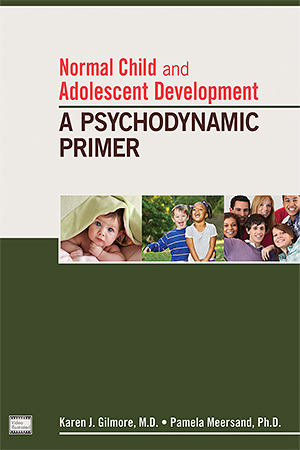Sections
Excerpt
In an opinion piece titled “The Odyssey Years” that appeared in the New York Times, David Brooks (2007) endorsed the recognition of this generational phenomenon, also called emerging adulthood, which has been proposed as the new developmental phase of the twenty-first century, much as adolescence had been for the twentieth century. This is “the decade of wandering” in which “fluidity” is the unifying theme: fluidity in jobs, love relationships, domiciles, and long-term aspirations. Adulthood, traditionally defined through the achievement of concrete markers—completion of education, financial independence, living away from home, marriage, and parenthood—has been pushed forward to the 30s. The 20s have become a period of uncertainty and searching in all these domains. In contemporary Western society, 20- to 30-year-olds typically feel very far from adult commitments; they are worried but nonetheless relatively comfortable with an extended trajectory and the mystery of how it will all turn out.
Access content
To read the fulltext, please use one of the options below to sign in or purchase access.- Personal login
- Institutional Login
- Sign in via OpenAthens
- Register for access
-
Please login/register if you wish to pair your device and check access availability.
Not a subscriber?
PsychiatryOnline subscription options offer access to the DSM-5 library, books, journals, CME, and patient resources. This all-in-one virtual library provides psychiatrists and mental health professionals with key resources for diagnosis, treatment, research, and professional development.
Need more help? PsychiatryOnline Customer Service may be reached by emailing [email protected] or by calling 800-368-5777 (in the U.S.) or 703-907-7322 (outside the U.S.).



